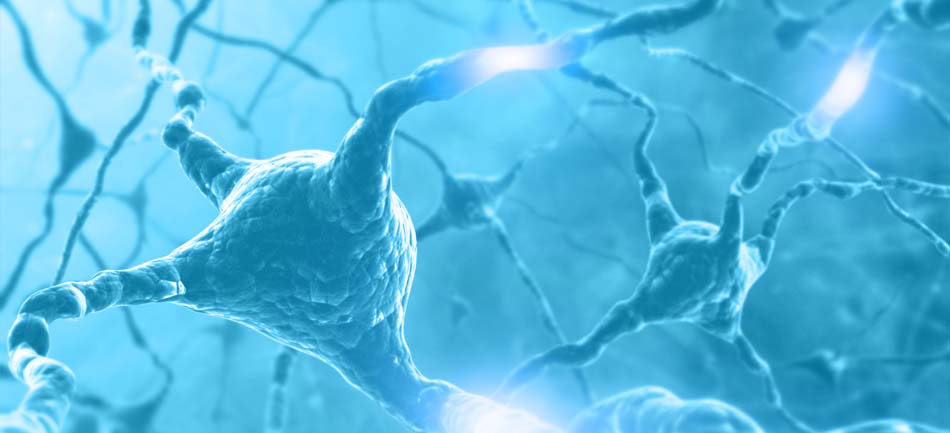Fasting is one of the oldest known medical therapies, dating back to the Stone Age (Goscienski, 2005). In ancient times, such as those in Egypt and Greece, physicians recommended fasting for the treatment and prevention of disease (Tsuji, 2011).
The Greek physician Hippocrates believed fasting assisted the body in healing itself (Fischetto, 2004). Hippocrates prescribed fasting during the critical periods of disease, and said, “Our food should be our medicine. Our medicine should be our food. But to eat when you are sick, is to feed your sickness” (as cited in Williams, 2005, p. 15).
Physicians Thessalus and Asclepiades also used fasting to treat their patients (DeVries, 1958). Paracelsus, another Greek doctor in the Western tradition, said, “Fasting is the greatest remedy; the physician within” (as cited in Bragg & Bragg, 2004, p. 29).
Medical doctors in the United States began prescribing water-only fasting in the early 1800s (Salloum, 1999). Medical journals first published articles about fasting around 1880 (Fuhrman, 1995). Since then, researchers have found fasting useful in the treatment of the following diseases and conditions: athritis, asthma, cancer, cardiovascular disease, diabetes, epilepsy, gastrointestinal disorders, hypertension, and obesity.
Therapeutic fasting is a powerful tool that promotes the body’s inherent ability to heal. If practiced correctly, fasting is generally safe, economical, and effective. Certain conditions that can be helped with fasting, such as gout, require strict supervision to prevent worsening of the patient’s health.
According to physician Elson Haas, author of Staying Healthy With Nutrition: The Complete Guide to Diet & Nutritional Medicine, “From a medical point of view, fasting is not utilized often enough. We take vacations from work to relax, recharge, and gain new perspectives on our life—why not take occasional breaks from food?” (Haas & Levin, 2006, p. 50). Haas goes so far as to say that fasting should be a part of any sound health plan, particularly in countries such as the United States where diets are less than optimal. Haas is by no means the only physician to recommend periodic fasting as a preventative measure, contemporarily and historically, and in both conventional and alternative realms of medicine.
About This Excerpt
The above excerpt is reprinted from Dr. Randi Fredricks’ book Fasting: An Exceptional Human Experience © 2012 and the chapter Fasting and Transpersonal Psychology. No part of this article may be reproduced in any form or by any electronic or mechanical means, including information storage and retrieval systems.
Disclaimer: This article is not intended to provide medical advice, diagnosis or treatment. Views expressed here do not necessarily reflect those of Dr. Randi Fredricks as articles often present the published results of the research of other professionals. Copyright © 2012.

